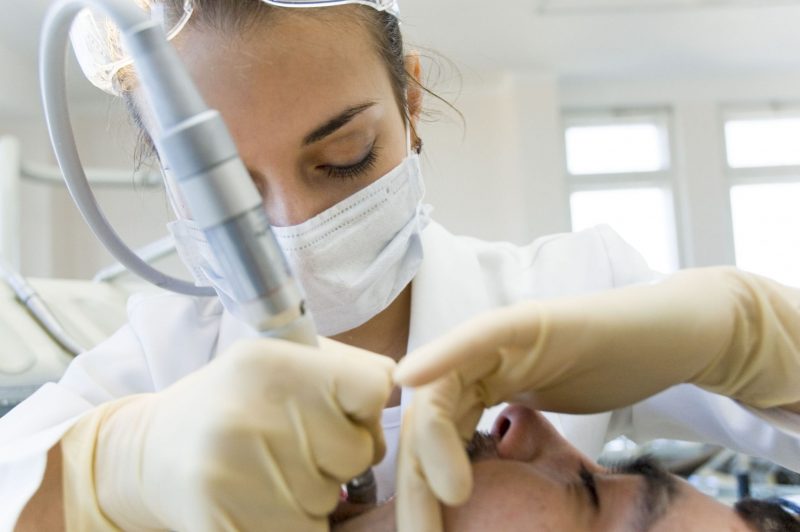One of the most panic-inducing personal injuries you can have is a dental emergency. Many people experience a dental emergency at least once in their life. It can happen many ways including playing sports, exercising, slipping and falling, or some other type of accident. Having a plan in mind is a good way to remain calm when you or a loved one has an emergency. Here are some ways to be prepared for a potential visit to your Emergency Dentist in Birmingham.
Perhaps one of the most commonly experienced dental emergencies is having a tooth knocked completely out of the mouth. There are many ways this can happen, but the actions that need to be taken are always the same. The first thing you should do is locate the tooth that has become dislodged. When you find it, gently grasp it by the bottom of the tooth and rinse it in lukewarm water. Avoid touching the root of the tooth as you can risk damaging it if you grab the tooth by the root. Root damage may prevent your Emergency Dentist in Birmingham from being able to reattach the tooth later, so take great care not to touch it. Next, attempt to place the tooth very gently back into your gums. If you cannot put the tooth back, put it in a glass of milk or salt water until you can get to the dentist. Call the dentist immediately, as you have a better chance of the tooth being placed back successfully if you get to the dentist within an hour.
Another common dental emergency is having a tooth become fractured or chipped. If you have chipped your tooth and it does not hurt, there is no need for an emergency visit. However, experiencing pain after chipping a tooth can be very serious. The first thing you should do is rinse your whole mouth with warm water. If the tooth got chipped due to facial trauma, you can apply ice or a pack of frozen vegetables to the affected area to help with the pain and swelling. Take acetaminophen as directed if needed. Do not try to apply any kind of painkiller directly to your gums, even those that are made for tooth pain as this can cause burns or other damage to the area. Visit Dr. Anglin & Dr. Nelson for more information on emergency preparedness.


